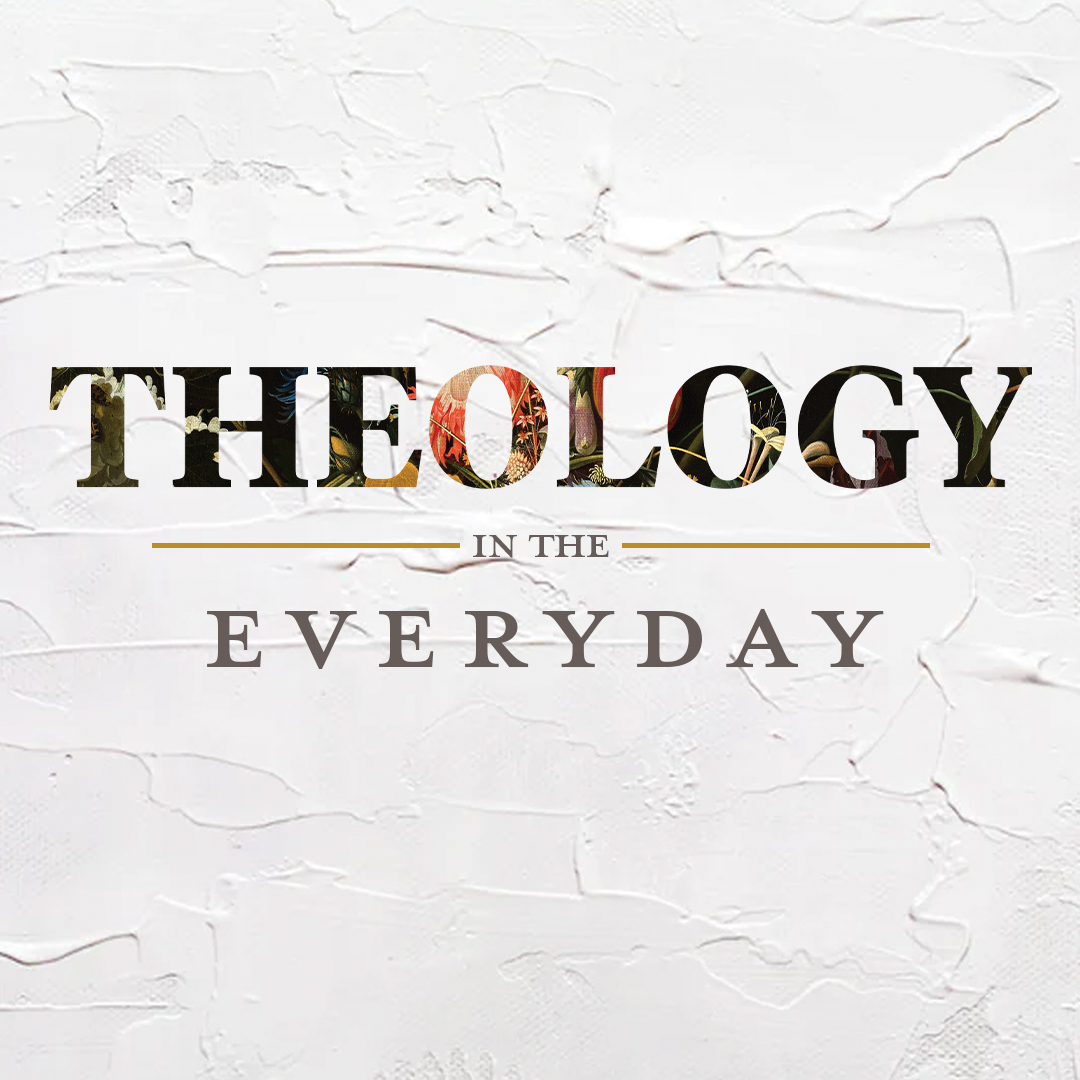

Editor’s Note: The Theology in the Everyday series seeks to introduce and explain theological concepts in 500 words or less, with a 200-word section helping explain the doctrine to kids. At For The Church, we believe that theology should not be designated to the academy alone but lived out by faith in everyday life. We hope this series will present theology in such a way as to make it enjoyable, connecting theological ideas to everyday experience and encouraging believers to study theology for the glory of God and the good of the Church. This week, penal substitutionary atonement.
From the Garden of Eden to the present day, the fundamental human problem has always been sin—its destructive power, its all-pervasive presence in the world, and its inevitable consequence of divine judgment. The doctrine of penal substitutionary atonement teaches us what God has done through the death of Jesus Christ to save sinners from sin, most pointedly, to save sinners from the inevitable wrath of God against sin (Matt 1:21). To treasure this doctrine in our everyday lives, we should understand how each word teaches precious truths about Christ’s death for us.
Christ’s death was Penal.
In His dying, Christ took on the punishment due for human sin, though He Himself was sinless. The Scriptures clearly teach that sin—as rebellion against the holy, righteous, and eternal God—merits divine wrath both in time and eternity (Rom 1:18; Rom 2:5-6). The bad news is that because all have sinned, all stand under the just condemnation of God’s wrath (Rom 3:23; John 3:18-19). The good news is that Jesus Christ took on the punishment for the sins of those who repent and believe in Him. Scripture tells us that He was “crushed” for “iniquities” and “pierced” for “transgressions” (Is 53:5).
Christ’s death was Substitutionary.
Because Christ lived a sinless life, He had no sins of His own to pay for. Amazingly, then, in His death, Christ was suffering God’s wrath for sin on behalf of undeserving sinners. Christ “bore our sins in his body on the tree” (1 Pt 2:24) and was “pierced for our transgressions” (Is 53:5). Our Lord “suffered once for sins, the righteous for the unrighteous” (1 Pt 3:18). In His death, Christ was suffering for us who believe. He stood in our place to take the punishment we deserved.
Christ’s death was an Atonement.
Christ’s death was no partial cure for sin. In His death, Jesus perfectly satisfied the demands of God’s just wrath against sin. Christ’s death completely and eternally covered the guilt incurred for our sins (Heb 10:1-18). As God’s wrath is averted to His sinless Son, Jesus’s death repairs the sinner’s broken relationship with the Father. Indeed, Christ died “that he might bring us to God” (1 Pt 3:18).
Christ’s death for your everyday life.
This biblical understanding of Christ’s penal substitutionary death stands at the very heart of the Christian Gospel. Therefore, it is truly a doctrine for Christians to cherish “in the everyday.” As we walk this pilgrimage on the way to our heavenly homeland, we will continue to battle indwelling sin within us and the influence of sin around us. As John Owen famously warned, “Be killing sin, or it will be killing you.” As we struggle through an imperfect journey of growth in holiness, we need not be insecure about our standing before God or His love for us. The payment for our sins has been settled once for all, and Christ’s penal substitutionary death is the Father’s definitive and unwavering proof of His love for weary sinners and sufferers (Rom 5:8).
For the Kids:
What happens when you do something wrong, like disobeying your parents or lying to them? Do you get in trouble? Is there some punishment for the bad thing you do? The truth is that there is a punishment coming for every bad thing that we do. God is perfectly good and will never let any bad thing go unpunished. The bad news is we all have done bad things that deserve God’s punishment. But the good news is that God loves us even though we do bad things He hates! So, He sent Jesus to save us from the punishment we deserve.
When Jesus died on the cross, He was punished by God the Father so that we don’t have to be. Can you imagine if you did something bad and one of your friends said he would step in to take your punishment for you? That would show your friend loves you a lot! Well, that’s exactly what Jesus did for us. By turning from our sin and trusting in Him, we are forgiven and free from the punishment we deserve, and we can live with God forever and ever!

